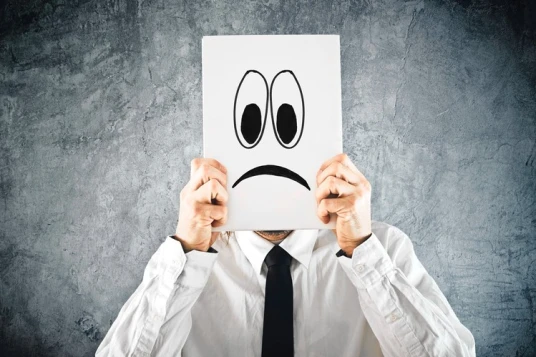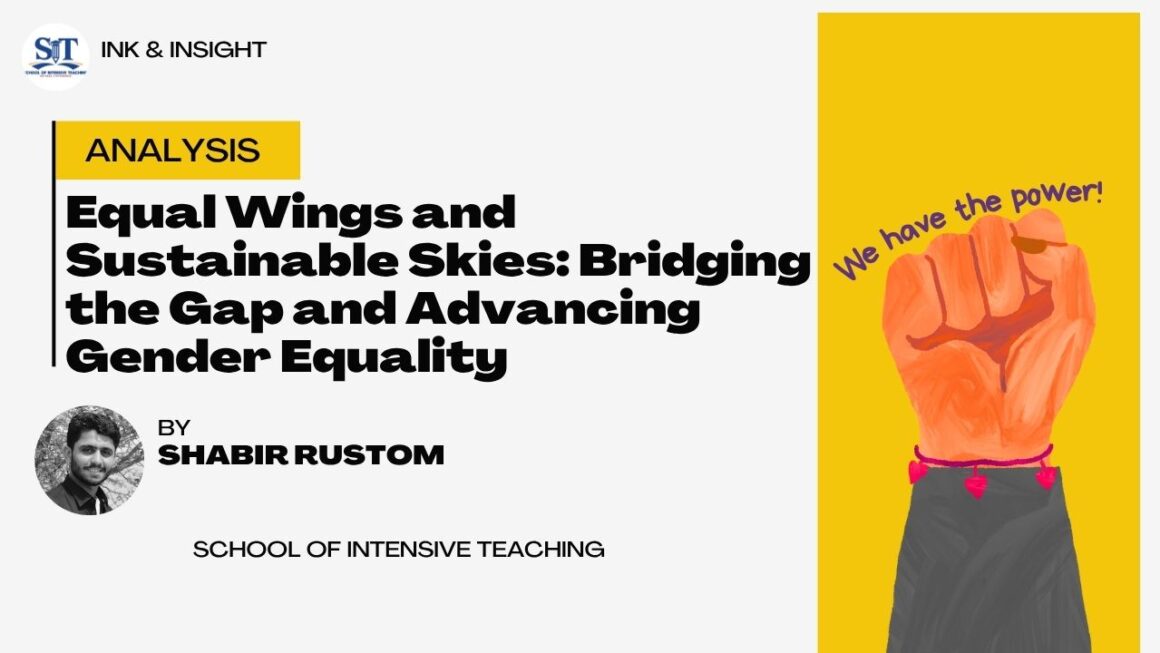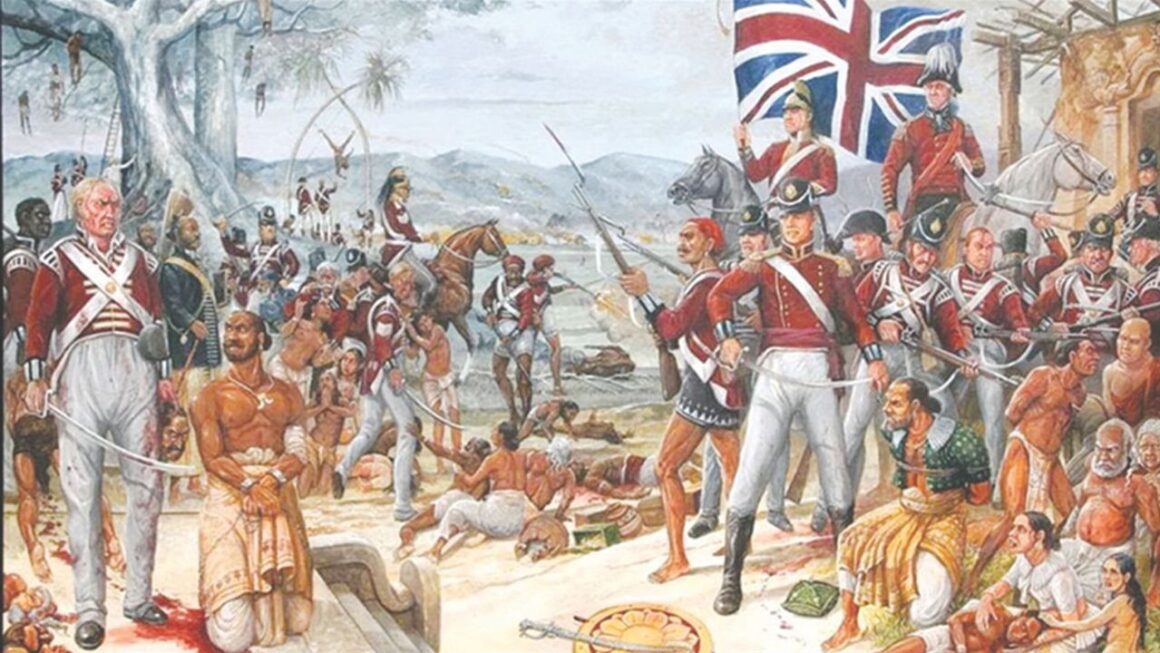I came to know about the existence of the word “pessimism” when I was in my sophomore year. It was a busy and tiresome day when I, along with my father, were on our way to home. We had an argument about the state of nature of education when my father stared at me and commented that I was pessimist and always looked at the optimistic aspects of the things. I had no idea, at the moment, what he meant by ‘pessimism’. In later years, I was recognized in family as the guy with pessimistic lens on every problem and initiative. This piece is an attempt to bring out the fact that wise pessimism is better than optimism—as evident from historical facts and events.
Optimism is an artificial bubble created and purported by the beholder to lure him into a quixotic world of whirlpool. IIhan Niaz, a historian and an author, in his latest book, “Downfall: Lessons for Our Final Century” argues that it is the most indefatigable ‘viruses to infect humans’. He explains in his book that optimism stems from various sources and recognizes three major sources of optimism. First, he contends that it is from our inability to react to difficulties which are immediate. To him, humans mostly prefer to focus on what is more pleasing and overlooks all else. Second is because of our imagination—as it affects our ability to comprehend the causes of problems or situations around us. Third source is more dreadful as it is due to our self-centeredness. This, he elaborates, has resulted in our inability to adhere to traditional ideas that have become less appealing as we are more attracted to material and consumeristic given secular means of helping us to stay hopeful.
Why we should be worried about optimism when it helps to salvage our given problems and brings a hope to our problems? Is optimism too much destructive that we caste a gloomy look at it? Yes! History bears the testimony that too much optimism always has faded the forces of wise pessimism and brought disastrous consequences to humans. We should not go too far, the twentieth century can justify the unfortunate fact that how the forces of hope and optimism triumphed wise pessimism and led us to World War I. World leaders lured in militaristic and nationalistic fantasies led the world to the unimaginable war. Many military strategists thought that it would be a campaign or military exercise of a few weeks and they would emerge victorious—but something else was about to be written in red books of history. We come to know from history books that this war killed almost 20 million people and approximately other 30 millions fell to the rubbles of its destruction.
Optimism is an artificial bubble created and purported by the beholder to lure him into a quixotic world of whirlpool.
It was optimism that resulted in revolutions in Russia, Italy and Germany. Lenin’s hope for a communist world revolution brought megalomanic dictators in Soviet Union. This optimism to spread communism to every nook and corner of the world resulted labor camps in Siberia and Eastern Europe. Similarly, Italians and Germans having a tinge of hope to change the regimes gave birth to Fascism and Nazism. What was inevitable could have been altered when wise pessimism has adhered to the thinking of respective natives of the region. The story does not end here. Hitler’s optimism to establish German Aryan race as the master race of the world brought the unimaginable Holocaust in Europe. Thousands of innocent souls like Anne Frank perished under the foolish optimism of Hitler. Though, Hitler failed to achieve this unachievable dream but the dreadful stories and events still haunt a many in Europe.
In the same way, Post-1945 era witnessed materialism optimism. The idea popular after the end of bloody world wars was that technology and economic growth could get better human life. This led to the creation of European Coal and Steel community between six countries of Europe including Germany and France—though both having a tainted past of bitter rivalry. This community became what is known today as the European Union of twenty-seven countries. Getting rich was, and is, considered as glorious. To quench this unsatiable need human kind witnessed the most unbearable dreads. China, under Mao, saw the Great Leap Forward. The optimistic logic of infinite growth was never questioned. Is there anyone, at the moment, to pull off the soak of this horrendous wish of humanity?
Lets come to this age. Our world is in the whirlpool of optimism that technological pursuit will revere global warming and vagaries of nature. Many purport the claim that technological advancement will bring artificial rainfalls to save-off drought hit regions, carbon-capture drones will reverse GHG emissions, and green technology is the future. Some also go to the extent of optimism that to eat seasonally will save the earth. Carbon-capturing is self-defeating and selling off the idea of artificial rainfalls and green technology can be victorious to be handed to environmental lobbies but not in the real world. This Pyrrhic victory of zero-carbon emission till 2050 is a foolish optimism to justify the industrial massacre. Only wise pessimism can save the world.
Pessimism helps to look up at a problem realistically and skeptically. The claim does not justify that one should be pessimistic upon every possible issue. The point here is that one should explore aspects of every problem. The would had been a better place if leaders of the world during 1920s had adhered to wise pessimism. Otto Von Bismarck, the man who united Germany, after the unification of Germany maintained a peaceful relation with Britain, France, and Russia. He was shrewd to keep France isolated, Britain neutral, and befriend Russia. However, after Bismarck was ousted in 1890, the young leaders of Germany hoped to bring the country at par with the three other empires of the time. They, not adhering to wise pessimism, embarked upon a policy of global domination. This policy triggered a chain reaction. First, in 1894, within the four years of Bismarck ouster, Britain and France became allies. In the same way, in 1907, France and Britain developed relations against Germany. Now, due to unwise optimism, Germany was encircled by hostile neighbors.
Are these examples not enough to justify the claim that wise pessimism is better than foolish optimism. Has the world not been a better place if people had adhered to wise pessimism? Is optimism so much lethal to bring such wanton destruction to humans? At last, it can be reiterated wise pessimism is the only way to save the planet from the unquenchable thirst of materialism, climate-change, and technological massacre.
About the Author:

Jahanzaib Mengal
SIT AlumniJahanzaib Mengal has done his graduation from Qauid-i-Azam Univeristy Islamabad in International Relations. His field area is International Politics, Indian Ocean, and National Security.













